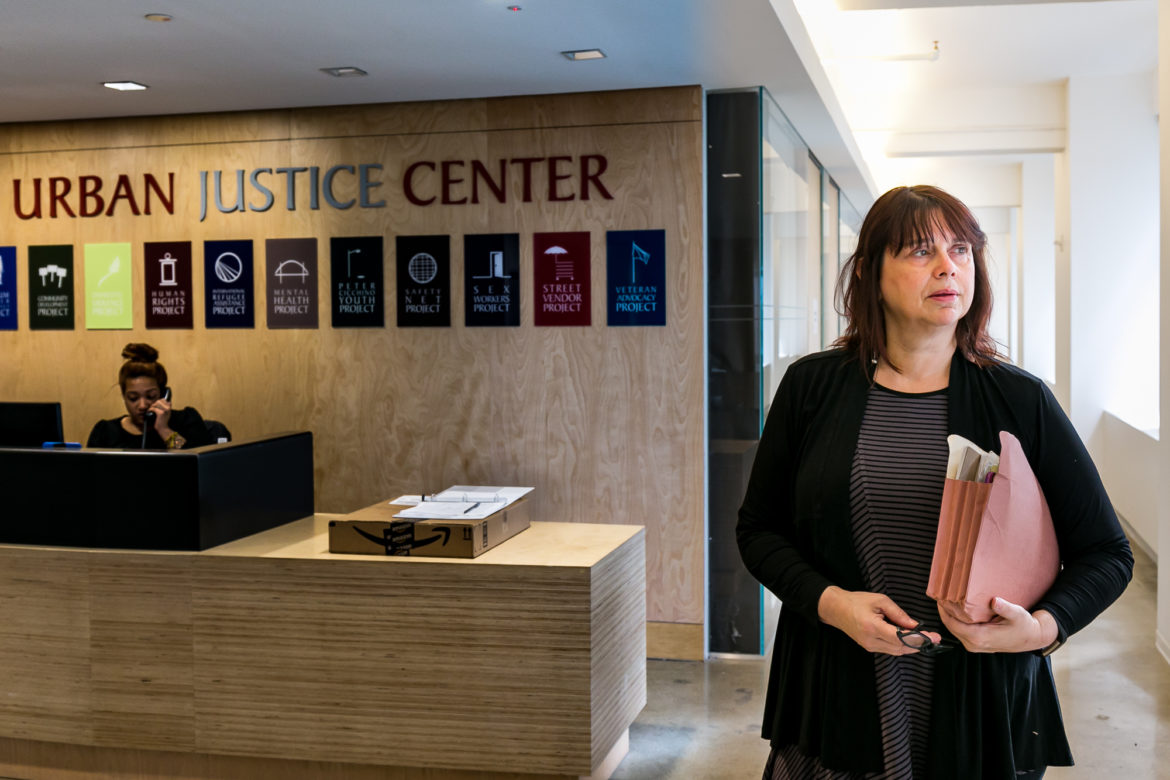Campaign 2017 Newswire
Help Wanted for City Jails … Are Lawmakers Abusing the Mail? Campaign Headlines for Aug. 30
Jarrett Murphy |
What makes less sense: the city paying to provide security at ritzy private schools, or lawmakers from six hours away having a say over the MTA?













